A lot of us may ask ourselves if we really need to moisturize especially if we have acne-prone skin. Moisturizer plays a big part in treating our acne and it’s an important step in our skin care routine. It’s easy to just pick out a moisturizer and add it to the cart, but we need to check the ingredients list and the label first before making any purchases to make sure it's right for your skin type.
It's a myth that people with acne-prone skin shouldn't moisturize. Although it can be difficult to find a hydrating moisturizer that doesn't clog pores or worsen acne, in general, hydrated skin will have fewer breakouts.
There are a lot of questions that people ask when it comes to moisturizing, such as:
- Do you really need to moisturize your face?
- Do skin moisturizers really work?
- What happens if you don’t moisturize your face?
- What is the best thing to moisturize your face?
- Is moisturizer bad for acne?
- Should you moisturize at night if you have acne?
- Should you moisturize body acne?
- Does moisturizer make acne worse?
- What’s the good/best moisturizer for acne?
DO YOU REALLY NEED TO MOISTURIZE YOUR FACE?
Whether you really need to moisturize your face or not when you have acne can be confusing. Acne can cause your skin to feel oily and greasy, so a moisturizer may be the last thing you’d think of trying.
Yes , people with acne should moisturize, but with a non-clogging or non-comedogenic facial lotion or cream. Moisturizing once a day should be enough to treat your acne-prone skin.
Moisturizers can be helpful in some cases, especially when you’re traveling in extremely arid locations. You may also need moisturizers during cold conditions, after a medical procedure or when traveling in an airplane. However, as per Dr. Zein Obagi, moisturizer may also be detrimental to your skin, especially when you do it every day as you are running the risk of making your skin older than younger.
Some may think that moisturizing can only worsen acne, while some may think that you really need it. Our skin naturally exfoliates itself on a monthly basis. New skin cells migrate from the bottom of the epidermis up to the surface of our faces, where they die and flake off to reveal the next layer of fresh cells underneath. They say that moisturizer interferes with this natural cycle by keeping the old, dead cells stuck to the skin instead of letting them shed naturally. Not only can moisturizers create a dull look and dry texture, they also slow down the entire cell regeneration process.
Some are saying that the effects of moisturizers are just superficial and are not really addressing the root of the problem which leads us to our next question: Does skin moisturizer really work?
DO SKIN MOISTURIZERS REALLY WORK?
According to Dermatologist Joshua Zeichner, people or patients with acne should moisturize their skin if they need to. There are some acne patients who have dry skin despite having pimples.
Generally speaking, moisturizer is good for your skin as it acts as a protective barrier, but if overused, your skin could rely on the moisturizer and not properly exfoliate on its own or produce as many natural lipids and proteins.
Most moisturizers are mainly oil and water-based and work to keep moisture from escaping from the skin. No matter how much lotion you slather on, it won't put moisture back into your skin. Some dermatologists say that moisturizers tend to harm your skin more than it does any good thing to it. The thing is, moisturizer also benefits your skin so long as it is used properly.
The treatment products you use for treating your acne prone skin such as benzoyl peroxide, salicylic acid, adapalene/tazarotene/tretinoin and isotretinoin can cause your facial skin to become dry, hence you may need to moisturize your face. A moisturizer’s purpose is to actually prevent the loss of water in the outermost layer of our skin and it acts as a protective barrier in order to prevent environmental damage.
There are also a number of ways on how moisturizing helps our acne prone skin, including:
- Reducing oil production
- Increasing skin cell turnover
- Reducing inflammation
SHOULD YOU MOISTURIZE AT NIGHT IF YOU HAVE ACNE?
Moisturizing helps save your skin from a whole host of skin woes. As famed esthetician Renee Rouleau would say, “skipping moisturizer is a no-no and can cause future breakouts”. This is one of the things you should not skip out at night when you want clear acne free skin.
SHOULD YOU MOISTURIZE IF YOU HAVE BODY ACNE?
Since acne medications can be drying, it's important to properly moisturize the affected area. Patients with acneic skin struggle with certain lotions and creams clogging their pores even further.
Keeping your body moisturized is as important as you would do to your facial skin when you want a body free of any acne breakouts. If our skin is overly dry, we no longer have a protective barrier over our skin to fight acne-causing bacteria. Not only that, if the skin is dry, we will produce more dead skin cells, leading to clogged pores.
CAN MOISTURIZERS CAUSE ACNE?
There are some moisturizers that can make your acne prone skin worse and just like any skin care product we purchase from stores just to treat our acne-prone skin, we also need to be wise and careful in choosing which moisturizers would work well.
You might be thinking: If this is true, then why do I break out even more every time I moisturize? Well, it’s likely because you’re not choosing the right moisturizer for your skin type.
IS MOISTURIZER GOOD OR BAD FOR ACNE?
Using moisturizers for acne-prone skin may seem counterintuitive. Anyone suffering from a breakout is likely to be focused on drying out their pesky pimples, not keeping their skin moisturized. According to Mona Gohara, an associate clinical professor, “everyone needs to hydrate their skin as it helps keep the skin barrier healthy”.
As much as we need a good moisturizing for our acne-prone skin, too much of it can do our skin more harm than the benefits. Over-moisturizing your face is not such a good idea if you wanted to treat your acne-prone skin
How to tell if you're over moisturizing? When you apply moisturizer, it should absorb fully and it shouldn’t take a very long time to seep into your skin. Also, your product should last you a few months, not a few weeks — running through a product quickly indicates you might be using too much of it.
Maintaining healthy, hydrated skin can be quite a challenge when you’re taking or applying acne medications that can possibly do the opposite to your skin.
THE IMPORTANCE OF MOISTURIZING YOUR FACE
Moisturizing is an important step to maintain your skin’s healthy cells and to protect it from irritation. People who moisturize faithfully in their youth are much more likely to have younger appearing complexions when they're older.
Moisturizing your face is essentially good as it helps prevent any further breakouts to occur by keeping your skin barrier protected. You reduce your chances of any skin problems when you moisturize your face or skin. Aside from preventing further breakouts, moisturizing your face has other benefits like helping your skin stay youthful, reducing skin problems due to a damaged barrier and concealing skin blemishes. As the saying goes “Everything is good in moderation”. Just don't over moisturize.
WHEN DO WE MOISTURIZE?
When is the best time for us to actually moisturize our face and how often should we do this step? This question should be easy and a no-brainer. The best times to moisturize your face are right after washing your face, in the morning, before going to bed. You should moisturize pre and post flight (this pertains to your traveling day), and as soon as you step out of the shower. Also moisturize when you’re having acne breakouts, or when you feel like skipping makeup and before applying makeup (should you go somewhere else for a night out).
WHAT HAPPENS IF YOU DON’T MOISTURIZE YOUR FACE
You may be asking, “But what if I don’t moisturize my face or never do it at all? Does this have any negative effect on my skin?” Failing to moisturize your face or skin may bring consequences such as developing more wrinkles or having your wrinkles look more pronounced than it was before, a dull and flaky complexion, worsened acne, losing a layer of protection for skin, your makeup doesn’t look as smooth and lastly, your skin gets itchy and irritated.
By cleansing our face with a gentle soap and then applying a layer of moisturizer (which also fills in tiny cracks in our skin's defenses), we help keep our skin hydrated, healthy and attractive.
One effect of not moisturizing your skin is your complexion becoming more splotchy. Your skin’s health depends on being clean and retaining moisture, so the healthier your skin is the more vibrant your complexion will be.
Wrinkles and lines can be more pronounced by not properly moisturizing in your youth. While you may still end up with these signs, it’ll be at a fraction of what it would have been. Working to keep your skin cells healthy will benefit you in the long run.
HOW DO I MOISTURIZE MY FACE PROPERLY?
Is there such a thing as the proper or right way of moisturizing? Applying your moisturizer the correct way is crucial, and there are certain moisturizing mistakes to avoid. Aggressively rubbing your skin is damaging, and not using the right amount can make your lotion ineffective.
Here’s how you can properly moisturize your face:
- Do a patch test before using any moisturizer
- Use a moisturizer that’s right for your skin type
- Apply moisturizer to clean, slightly damp skin
- Layer your products in the right order (but don’t overthink it)
- Use a moisturizer with SPF in it during the day
- Consider using a different moisturizer at night.
When you apply your moisturizer, pat the lotion into your skin instead of rubbing. This helps distribute the product evenly without damage to your skin cells. It’s beneficial to apply to all areas that show aging such as your face, neck, and chest.
Use gentle, circular strokes to reduce puffiness and evenly distribute the product.
CHOOSING THE RIGHT MOISTURIZER FOR YOUR SKIN TYPE
It’s important to know what moisturizing products best fits your skin type and finding them can be a very daunting task to do, especially when you’re out at the mall and picking out every skin care product you see at every shelf without checking the label and ingredients list.
Choosing the perfect moisturizer would depend on type of skin, whether you have dry problematic skin, combination type of skin, oily and acne prone type of skin. There are a lot of moisturizing products to choose from, actually – they come in creams, lotions, gels and ointments. Lighter and oil free formulas may work better if you have oily and acne prone skin, but more heavier formulations could be ideal if your skin is dehydrated and flaky with acne as long as the ingredients don't irritate your skin or clog your pores.
Using the right kind of moisturizer for your skin can help maintain its balance and provide support for its optimal functioning.
To prevent a moisturizer from causing breakouts, look for one of these descriptions on the container:
- Oil-free
- Non-comedogenic
- Won’t clog pores
Overall, moisturizing is important and worth it even if you have acne, the important thing is knowing how to choose the right moisturizer for acne.
References:
1 "Moisturizer: Why You May Need It If You May Need It If You Have Acne" ; https://www.aad.org/public/diseases/acne/skin-care/moisturize
2 "Do Collagen Creams And Supplements Actually Do Anything?" by A.A. Newton from SELF; https://www.self.com/story/collagen-creams-supplements-skin
3 "7 Bad Things That Happen When You Don't Moisturize Your Face" by Sam Escobar from Good Housekeeping;
https://www.goodhousekeeping.com/beauty/anti-aging/a35094/face-moisturizer-benefits/
4 "Why Moisturizing Your Face Is So Important" by Caleb Clark from Review This; https://www.reviewthis.com/why-moisturizing-face-is-important
5 "Should People With Acne Moisturize?" from Share Care; https://www.sharecare.com/health/acne-treatment/should-people-with-acne-moisturize
6 "Does Moisturizing Help Acne?" from Science Becomes Her; https://sciencebecomesher.com/does-moisturizing-help-acne/

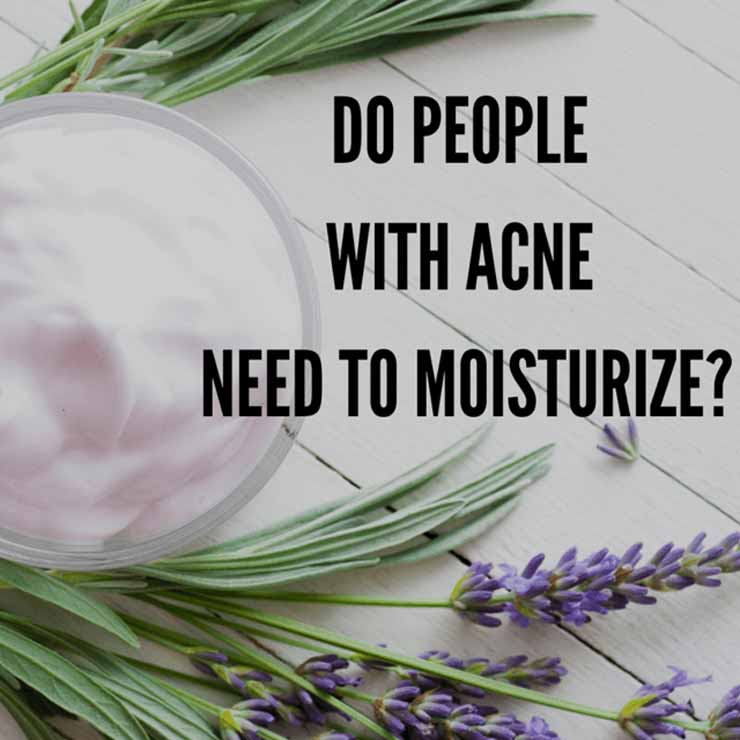
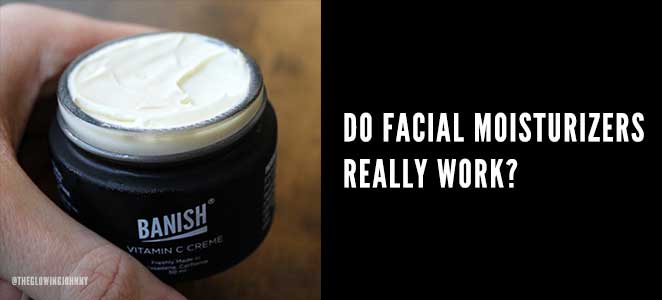
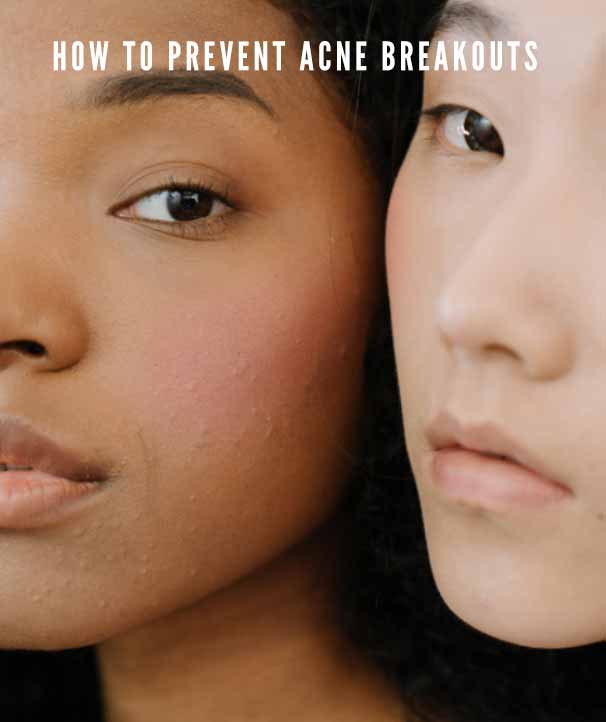
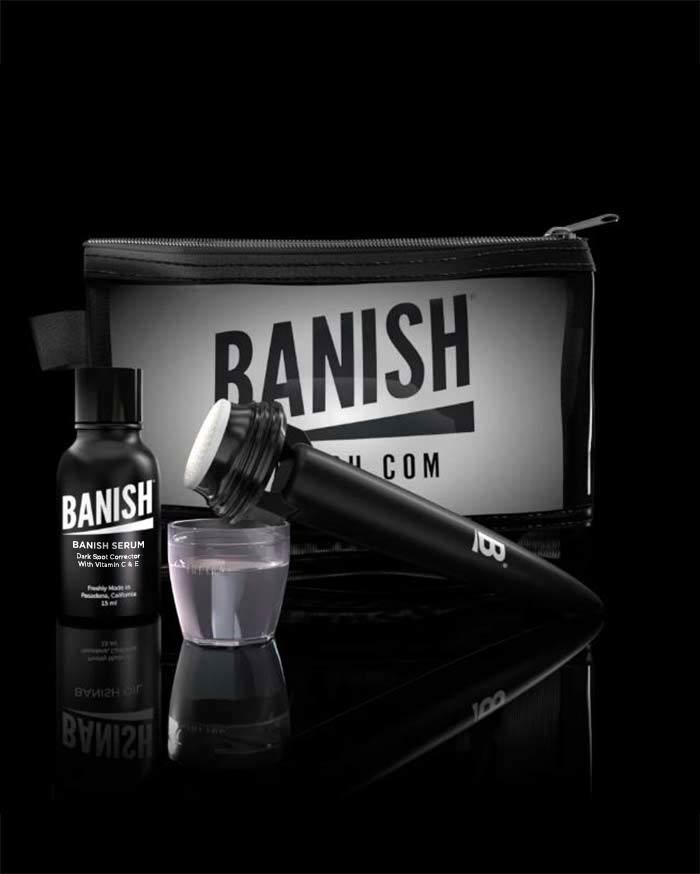
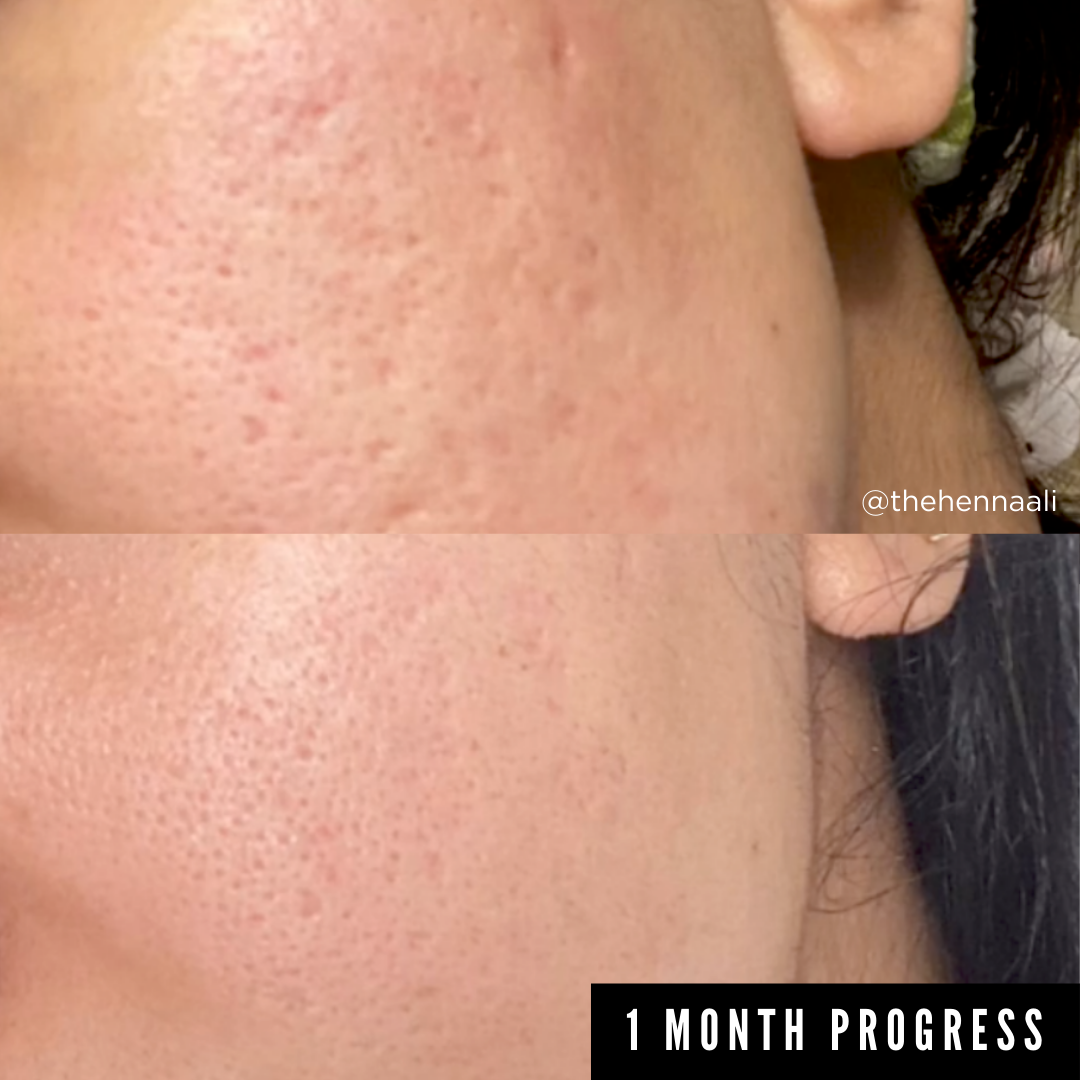
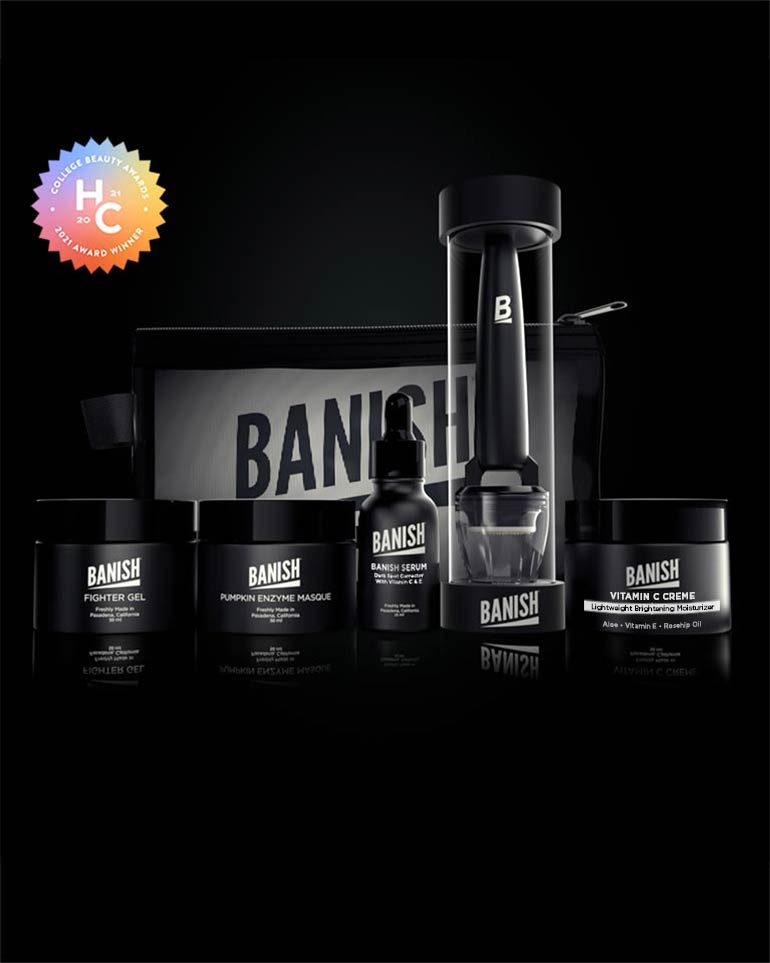
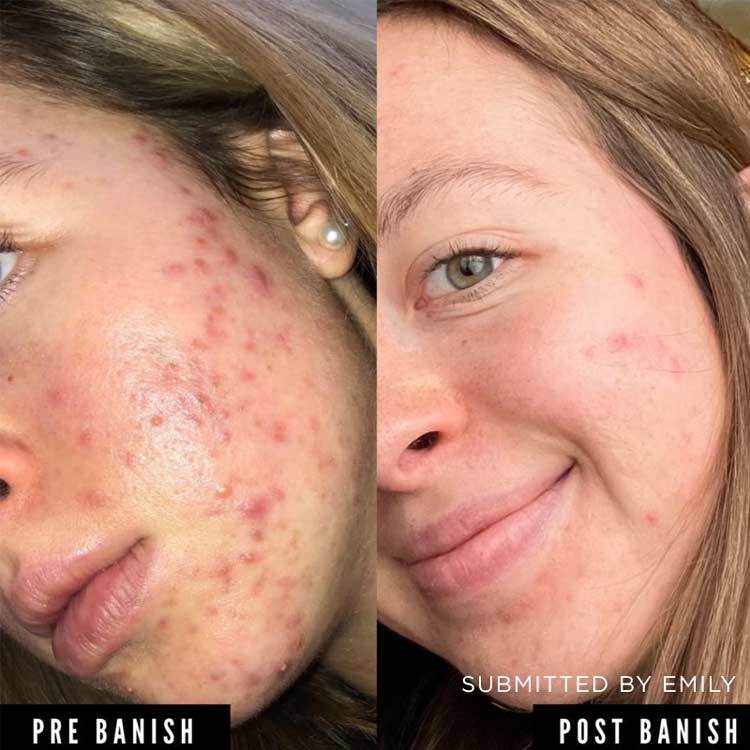
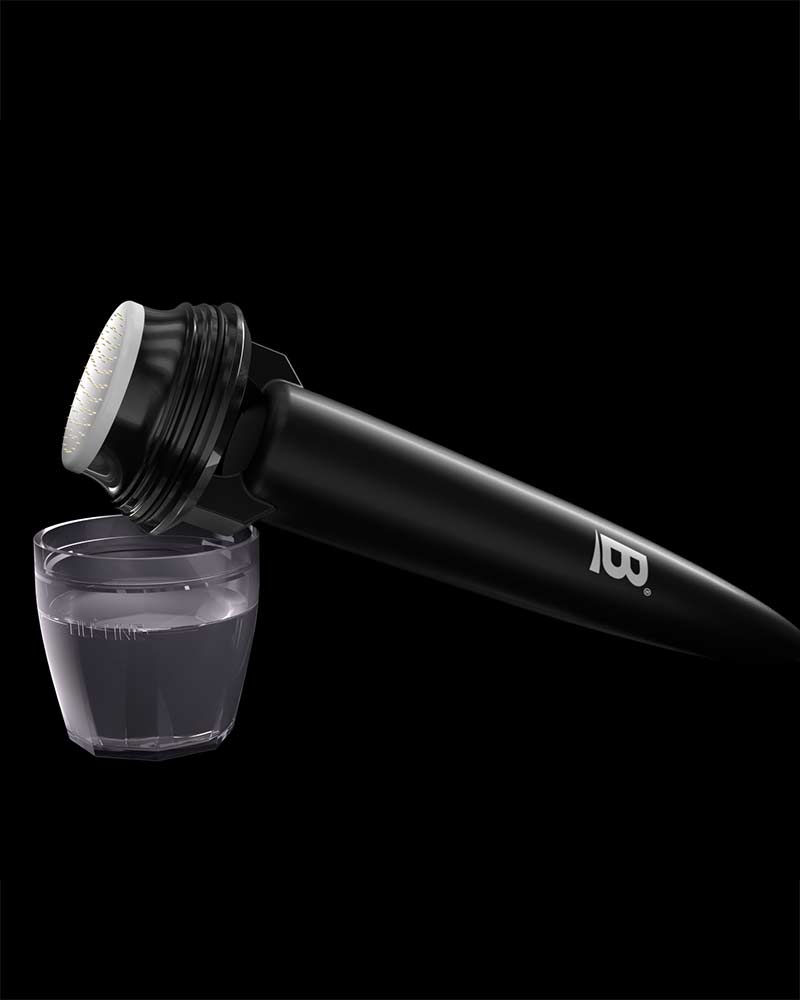
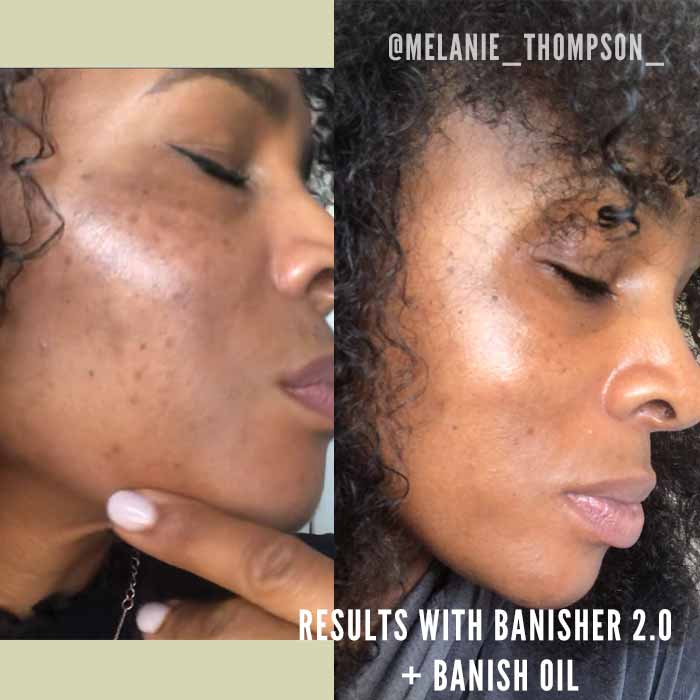
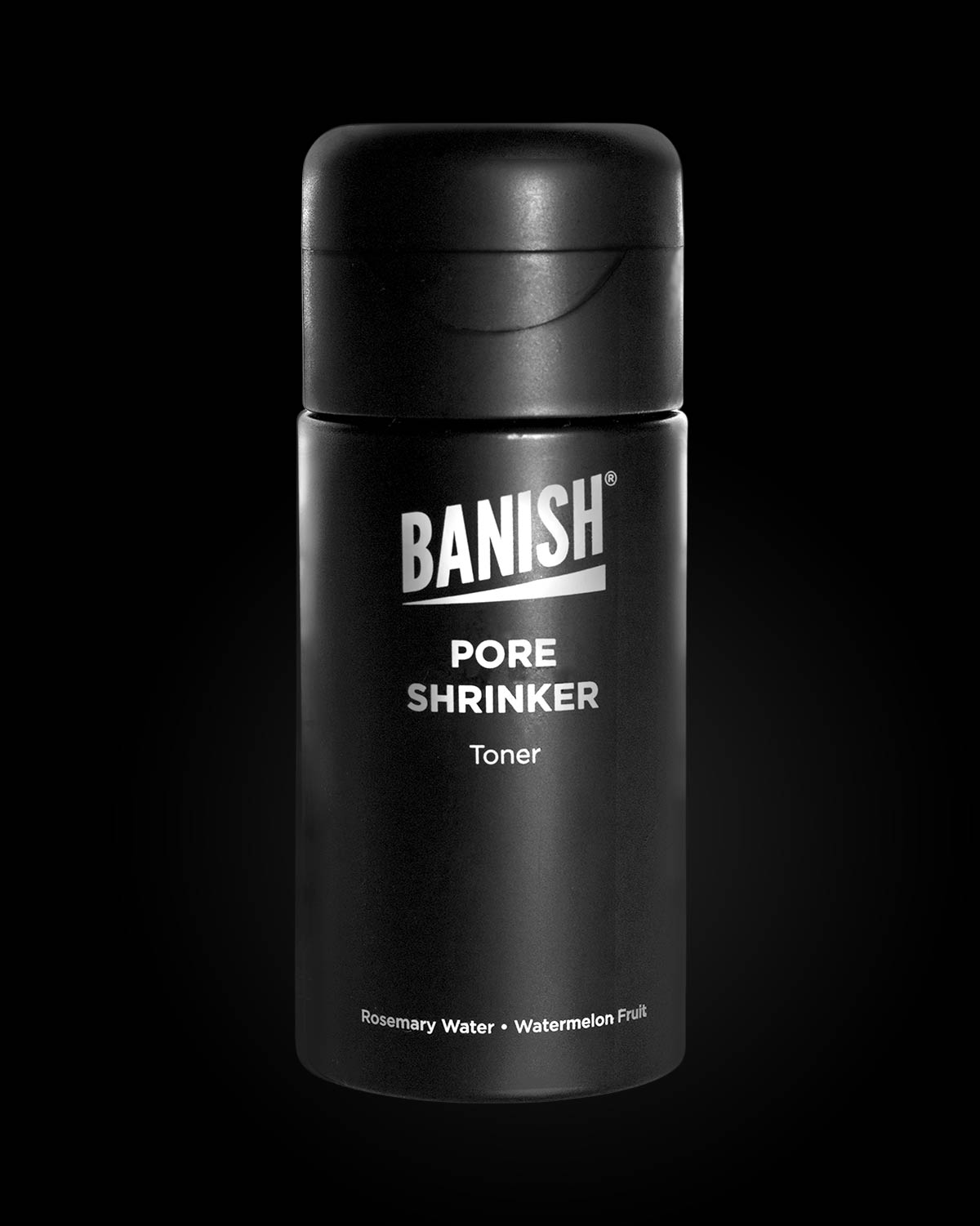
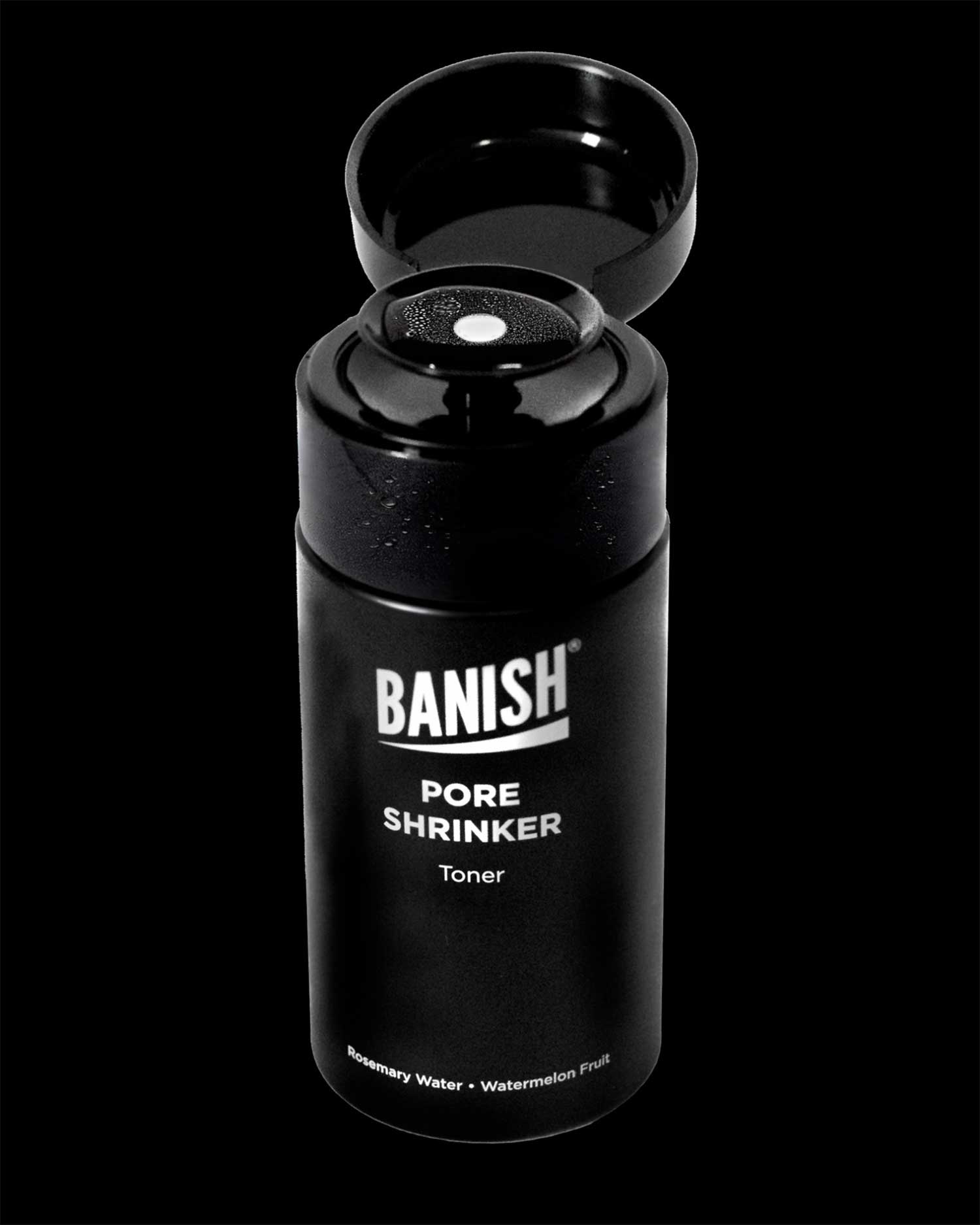


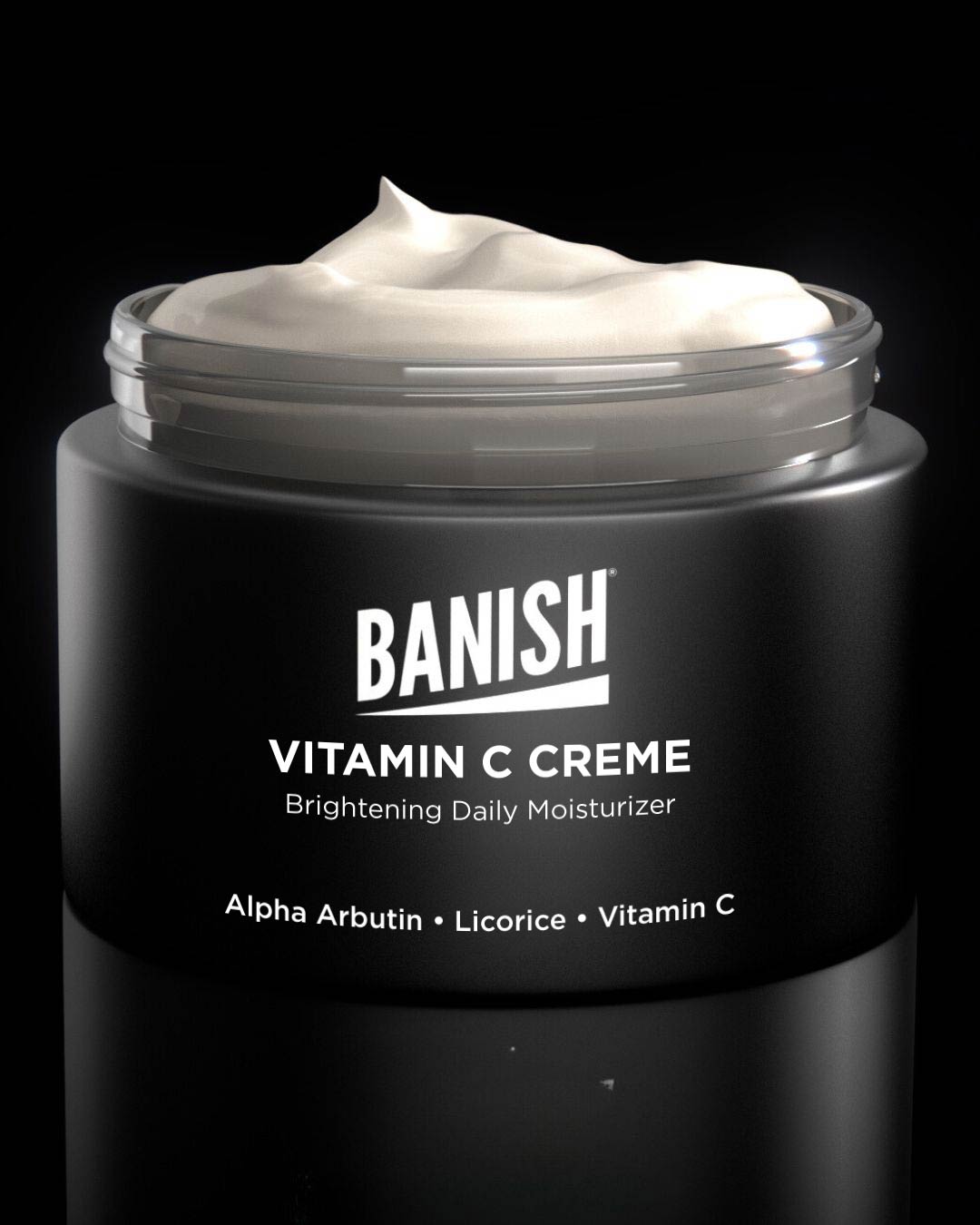
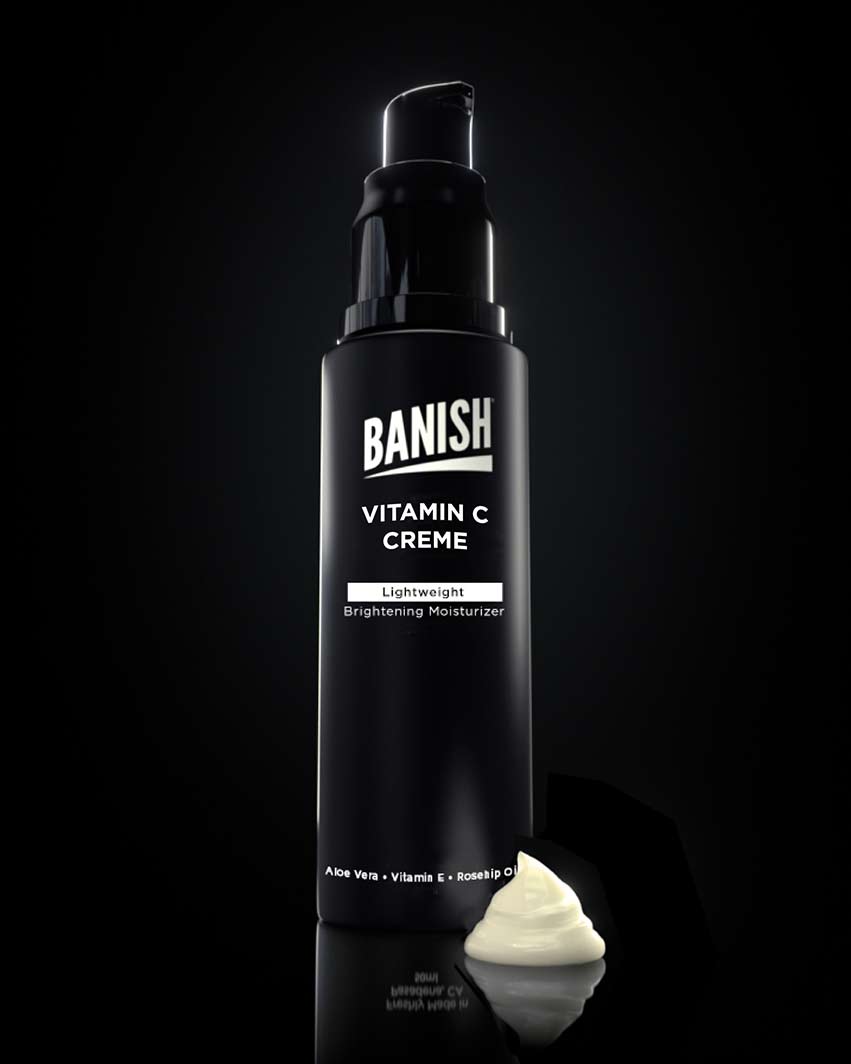
Leave a comment
All comments are moderated before being published.
This site is protected by reCAPTCHA and the Google Privacy Policy and Terms of Service apply.